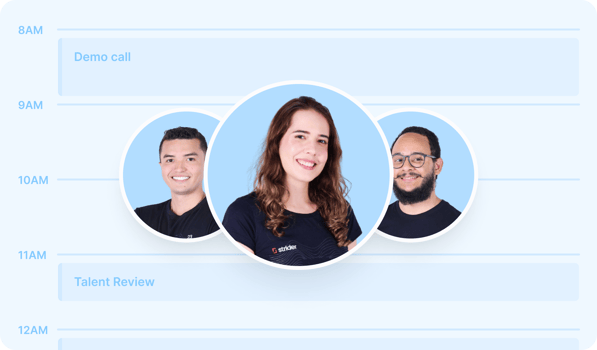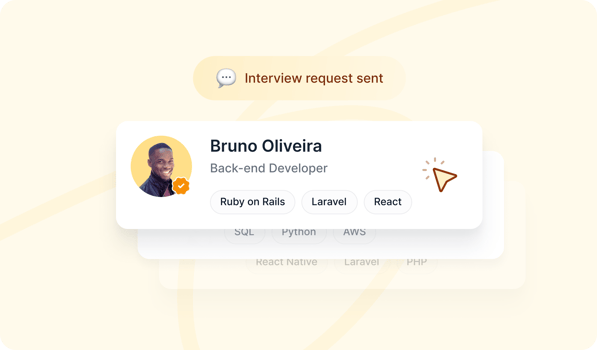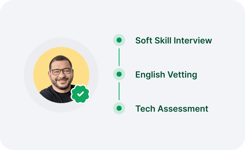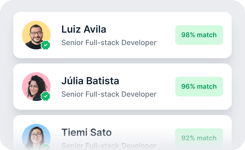Hire Remote Phoenix Developers Effectively
Hiring skilled Phoenix developers is crucial when building robust and scalability web applications. Phoenix is a powerful web framework for the Elixir programming language, known for its speed and real-time capabilities. We will explore the importance of hiring a Phoenix software engineer, their benefits to your software development projects, and how to effectively find and hire top-notch Phoenix talent.
One of the key advantages of hiring a Phoenix software developer is their ability to work as a full-stack with the Phoenix framework, which follows the Model-View-Controller (MVC) architecture. They can handle both the front-end development using HTML, CSS, and JavaScript and the back-end development, where they utilize Elixir and Phoenix to handle business logic and data management. With their knowledge of Elixir, Phoenix developers can optimize application performance, ensuring that your software runs smoothly even under heavy user load.
In the next sections, we will dive deeper into the qualities to look for when hiring Phoenix developers, the necessary technical skills they should possess, and the strategies to identify and attract the best talent in the market.
What to look for when hiring Phoenix developers
Technical skills
When hiring a Phoenix developer, it's important to assess their technical skills to ensure they can effectively work with the Phoenix framework and meet the requirements of your software development projects. Look for developers with years of experience in Elixir, the programming language behind Phoenix, and proficiency in functional programming concepts.
They should be well-versed in Phoenix-specific features such as channels for real-time communication, context modules for organizing application logic, and the Phoenix router for routing requests. Additionally, expertise in front-end development technologies like HTML, CSS, and JavaScript is essential for creating engaging user interfaces. Experience with database integration, RESTful APIs, and knowledge of software development best practices will further strengthen their technical capabilities.
Communication skills
In addition to technical proficiency, communication skills are crucial for successful collaboration within a development team and effective interaction with stakeholders. To hire the best Phoenix web developer, look for Phoenix developers who can articulate their ideas clearly and concisely, verbally and in written communication. They should be able to understand project web development requirements, ask relevant questions, and provide regular updates on progress.
Excellent communication skills also involve active listening and understanding and addressing clients' needs and concerns. Strong interpersonal skills enable effective teamwork, smooth coordination with other team members, and the ability to communicate complex technical concepts to non-technical stakeholders.
Code optimization and performance
One crucial technical topic to consider when hiring Phoenix developers is their code optimization and performance expertise. Phoenix developers should deeply understand how to write efficient and scalable code, ensuring that applications perform well even under heavy loads.
They should be able to identify potential bottlenecks, optimize database queries, implement caching mechanisms, and employ techniques such as concurrent processes to enhance the application's performance. Look for candidates with experience in profiling and debugging applications to identify and resolve performance issues, ultimately delivering high-quality software that meets performance expectations.
Real-time features and integrations
Another important technical aspect to consider is the ability of Phoenix developers to work with real-time features and integrations. Phoenix provides powerful real-time capabilities through its channels, enabling developers to build applications with live updates and interactive features.
Assess candidates' experience developing real-time applications using Phoenix channels, handling bidirectional communication, and implementing features like live chat, real-time notifications, or collaborative editing. Moreover, consider their proficiency in seamlessly integrating external services and APIs into Phoenix applications, allowing for data exchange and integration with third-party systems.









